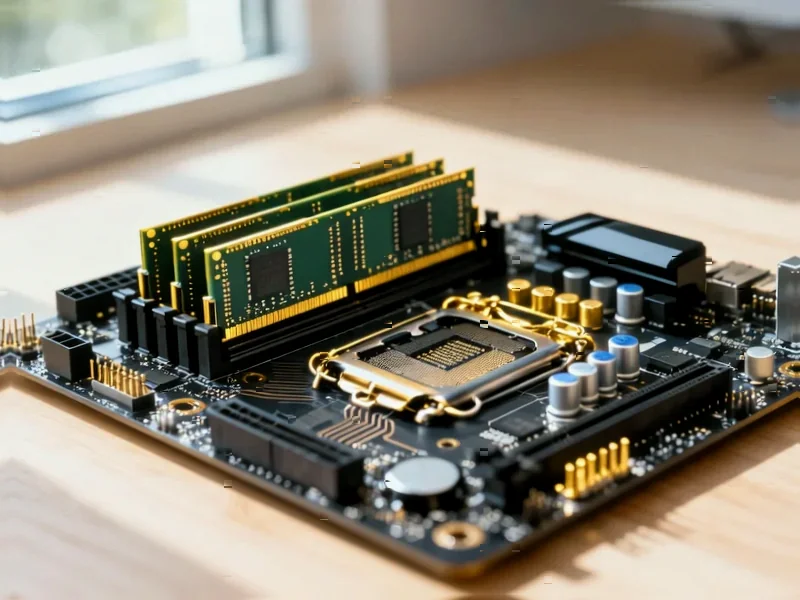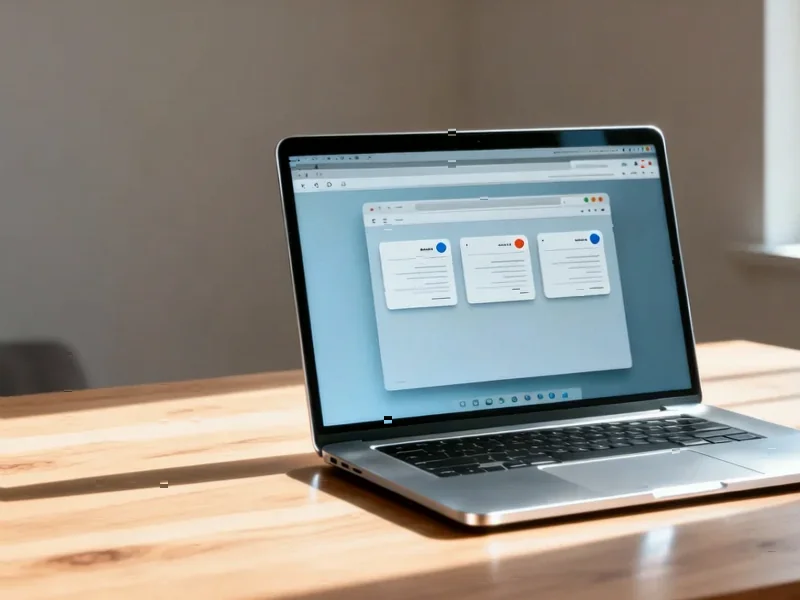According to TechPowerUp, Apple is working on a budget MacBook priced well below $1,000 for launch in the first half of 2026. The device, code-named J700, will use an iPhone-class processor rather than Mac-specific chips and feature a smaller LCD screen under 13.6 inches. Early testing shows this smartphone processor outperforms Apple’s first-generation M1 chip. The laptop targets students, businesses, and general consumers with less advanced components to keep costs down. This comes as Apple just announced record quarterly revenue of $102.5 billion and launched its new M5 processor with 45% faster graphics than the M4.
Apple‘s Budget Problem
Here’s the thing about Apple and “budget” products: they don’t really do cheap. The company’s entire brand identity is built on premium pricing and perceived value. When they’ve tried budget plays before—remember the iPhone SE or the plastic MacBook?—they always felt like compromises rather than true budget options.
And let’s talk about that price point. “Well below $1,000” probably means $799 or $899. But Chromebooks dominate the education market at $200-$400. Windows laptops crush the value segment at $500-$700. Is Apple really going to compete when their “budget” option costs twice as much as the competition?
iPhone Chip in a MacBook?
Using iPhone-class processors is actually pretty clever. Apple’s A-series chips are ridiculously powerful for their size and cost. But there’s a catch: software compatibility. macOS is optimized for M-series architecture. Throwing iPhone chips into MacBooks could create a fragmentation nightmare for developers.
Think about it—would you want to be the developer testing your app across M1, M2, M3, M4, M5, AND now A-series Mac chips? That’s basically maintaining six different hardware targets. The development and testing overhead could be brutal.
Who Actually Wants This?
The report says this targets students and iPad buyers wanting a traditional laptop. But students already have iPads—many schools issue them. And if someone wants a traditional laptop, wouldn’t they just buy a Windows machine that does more for less money?
Apple’s strength has always been the premium experience. Can they maintain that while cutting corners on components and materials? Or will this end up feeling like the Performas of the 90s—confusing product lines that diluted the brand?
Timing Is Everything
Launching in 2026 feels like forever away in tech time. By then, Chromebooks will be even more entrenched in education, and Windows on ARM might actually be good. Apple’s playing a long game here, but the budget market moves fast.
Basically, this feels like Apple trying to solve a problem they created themselves. Their products became too expensive, so now they’re scrambling to make “affordable” versions. But can Apple really do budget without compromising what makes Apple, well, Apple? I’m skeptical.




